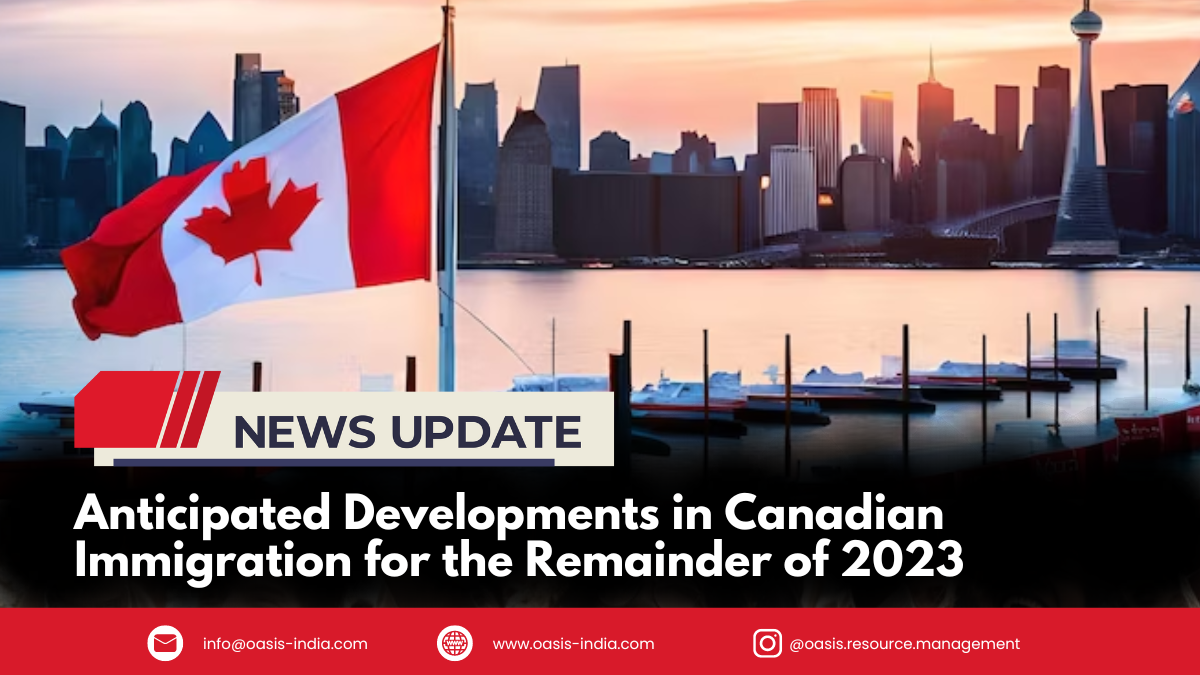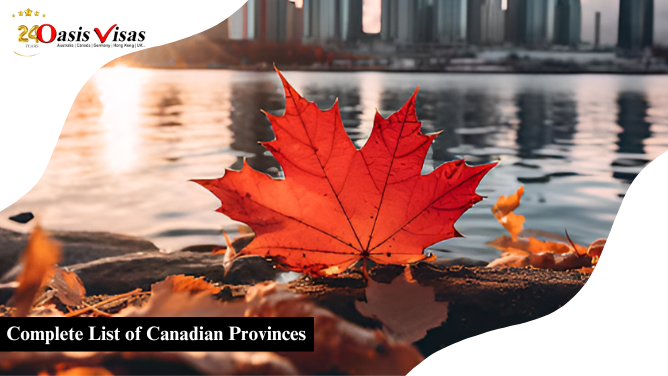
As we approach the fall season and the lead-up to the Christmas holidays, the arena of Canadian immigration, steered by Immigration, Refugees and Citizenship Canada (IRCC), usually experiences heightened activity. These developments play a pivotal role in shaping Canada’s immigration landscape. While the Canadian immigration system is multifaceted, several crucial advancements are poised to unfold as the year draws to a close.
Ministerial Mandate Letter
Prime Minister Justin Trudeau might issue a new Ministerial Mandate letter in the coming months. These letters serve as directives from the Prime Minister to ministers, outlining the government’s objectives during their term. In the context of Canada’s Immigration Minister, this letter significantly influences the nation’s immigration policies and guides IRCC’s actions moving forward. Although mandate letters are typically issued following a cabinet shuffle, there is no obligatory timeline, and Minister Marc Miller may choose to continue the policies of his predecessor, Sean Fraser.
Immigration Levels Plan 2024-2026
In non-election years, IRCC is legally mandated to unveil its Immigration to Canada from India Levels Plan by November 1st. This plan delineates targets for the admission of permanent residents, categorizing them by class of immigration (economic, family, or refugee and humanitarian) and program. While the 2023-2025 plan revealed Canada’s goal of admitting 500,000 new permanent residents annually, with a significant portion being economic class candidates, the forthcoming 2024-2026 plan remains a mystery. Minister Marc Miller has expressed his reluctance to lower immigration targets, citing the continued need to meet various demands.
Office of the Auditor General Report
The Office of the Auditor General (OAG) is responsible for evaluating the inner workings of Canada’s government, identifying areas requiring improvement, and acknowledging achievements. By the year’s end, it is expected that the OAG will release an audit examining IRCC’s processing of permanent resident applications. This audit aims to assess whether IRCC has efficiently and promptly processed applications, aligning with its objectives of supporting Canada’s economy, reuniting families, and assisting humanitarian applicants. Notably, this audit will not cover the processing of non-permanent resident applications.
Express Entry
Express Entry has witnessed significant modifications this year, introducing six new categories for category-based selection draws. These draws prioritize specific candidate attributes over high Comprehensive Ranking System (CRS) scores. Noteworthy among these categories are those highlighting strong French-language skills and work experience in key sectors, including healthcare, STEM professions, trades, transport, and agriculture. Recent reports indicate IRCC’s focus on candidates with STEM work experience, with a projected 28-31% of invitations for Express Entry expected to go to individuals in STEM professions.
Parents and Grandparents Program (PGP)
IRCC invites parents and grandparents of Canadian citizens and permanent residents to apply for family class sponsorship each year. In 2022, sponsors were selected through a lottery system. The 2023 Immigration Levels Plan outlines a target of 28,500 new permanent resident admissions through the PGP, rising to 36,000 by the end of 2025 under Super Visa For Parents And Grandparents. The specific process for PGP 2023 remains undisclosed.
International Students
Canada is on track to welcome 900,000 international students this year. To support them, IRCC and Global Affairs Canada are conducting a review of Canada’s international student program (ISP). The Trusted Institutions Framework, a two-tier model for study permit issuance, is expected to be unveiled, focusing on strengthening the ISP’s integrity. Additionally, the policy allowing certain students to work full-time is set to expire on December 31, prompting IRCC to reassess the policy’s future.
Tech Talent Strategy
IRCC unveiled a Tech Talent Strategy to attract newcomers in tech occupations. This initiative includes an Innovation Stream under the International Mobility Program to facilitate the hiring of foreign workers by Canadian employers, particularly those contributing to Canada’s economic goals. IRCC also plans to cater to digital nomads, releasing details on a dedicated pathway for these remote workers.
Conclusion
The remainder of 2023 promises significant developments in Canada’s immigration landscape, affecting individuals seeking to make Canada their new home and contributing to the nation’s growth and diversity. These developments, influenced by government policies and objectives, continue to shape Canada as an attractive destination for immigrants and international students alike. If you want to know more stuff related to Canadian Immigration then Consult with Us. Oasis visas will help you.









